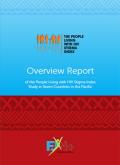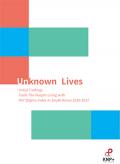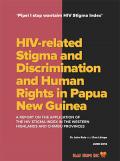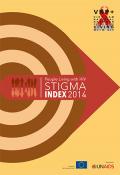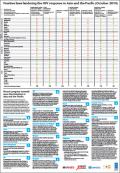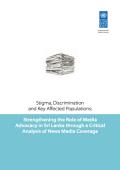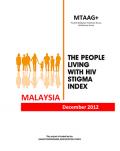Stigma Index Resources
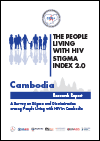
Resource | Publications,
Cambodia was one of the fastest growing HIV epidemics in Asia in the mid-1990s; however, the country has been successful in reducing its HIV prevalence and incidence over the last decade. Despite this success, Cambodia still needs additional efforts to address disparities at the subnational level, special needs among key populations, and general stigma and attitudes associated with HIV/AIDS. HIV-related discrimination is not only a human rights violation, but it also has an impact on people’s ability to access HIV testing, care, and treatment. The United Nations’ 2016 High-Level Meeting on Ending AIDS included “elimination of HIV-related discrimination” as one of three critical targets to achieve by 2020, along with reducing the number of new HIV infections and people dying from AIDS-related causes to under half a million.
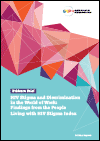
Resource | Publications,
Although access to effective HIV antiretroviral treatments has improved significantly – enabling people living with HIV to live long and productive lives including working and contributing to society in many different ways – people living with HIV continue to face discrimination in relation to work in terms of finding employment, keeping jobs and furthering career progression.
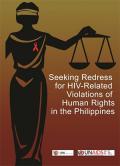
Resource | Publications,
Reddress is an act or process meant to correct a situation involving the violation of a right. It could be to address a past injury or violation, or to prevent future harm. Redress is usually obtained through the courts, although there are some out-of-court mechanisms that could also result in redress.






